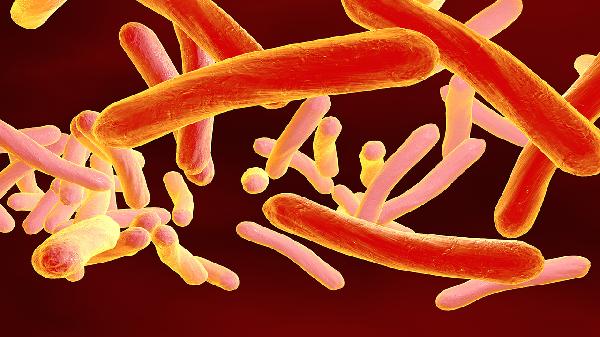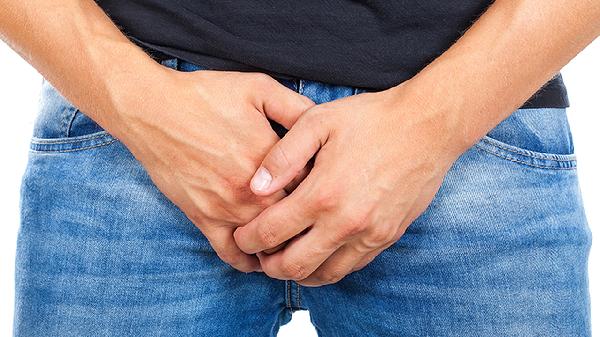Episiotomy, a surgical incision made in the perineum during childbirth, is often performed to facilitate a smoother delivery and minimize potential complications. While some women may worry about the long-term effects of this procedure on their sexual health, medical evidence suggests that episiotomy generally does not negatively impact future sexual life. In fact, it is a common practice aimed at reducing the risk of severe perineal tears or the need for a cesarean section. After the procedure, doctors meticulously suture the incision to promote proper healing, and the vast majority of women experience successful tissue recovery without complications.

Understanding the Purpose of Episiotomy
Episiotomy is typically performed when there is a risk of significant perineal tearing during childbirth or when natural delivery becomes challenging. By making a controlled incision, healthcare providers can prevent uncontrolled tears, which are often more difficult to repair and may lead to prolonged recovery. This procedure is considered a protective measure to safeguard both the mother and the baby during delivery.
Healing and Recovery After Episiotomy
Post-delivery, the incision is carefully sutured to ensure optimal healing. Most women recover well, with the tissue healing properly over time. While there are rare cases of complications such as infections or delayed healing, these issues can usually be addressed with appropriate medical care. In such instances, timely intervention can resolve the problem without leaving lasting effects on sexual health.
Debunking Myths About Nerve Damage and Sexual Sensation
One common concern is that episiotomy might damage nerves in the perineal area, potentially affecting sexual sensation. However, this fear is largely unfounded. The procedure is typically performed as a lateral incision, meaning it is made on one side of the perineum, away from the primary nerve pathways responsible for sexual sensation. The clitoral nerve plexus, which plays a central role in sexual response, is located in the clitoris and surrounding tissues, well away from the site of the incision. As a result, episiotomy does not interfere with the nerves that govern sexual pleasure.
Long-Term Impact on Sexual Health
Studies and clinical observations indicate that episiotomy does not have a significant adverse effect on a woman’s sexual life. Most women who undergo the procedure report no noticeable changes in their sexual function or satisfaction. In cases where complications arise, such as infections or poor healing, appropriate medical treatment can effectively address these issues, ensuring that they do not interfere with long-term sexual health.
A Safe and Effective Procedure
In summary, episiotomy is a safe and effective procedure designed to minimize the risks associated with childbirth. While it is natural for women to have concerns about its impact on their sexual health, the evidence overwhelmingly supports the notion that episiotomy does not negatively affect future sexual life. With proper care and attention to healing, women can expect to resume their normal sexual activities without any significant issues. For those who experience rare complications, medical interventions are available to ensure a full recovery and maintain overall well-being.
























